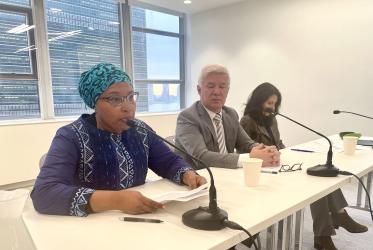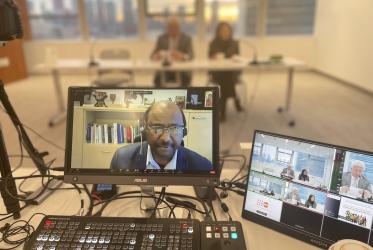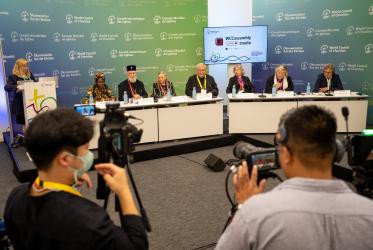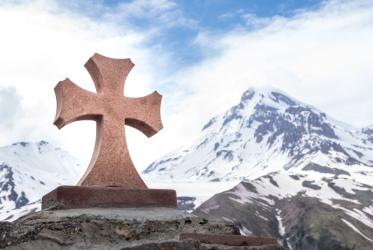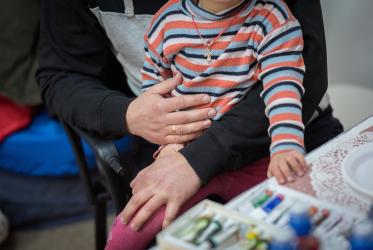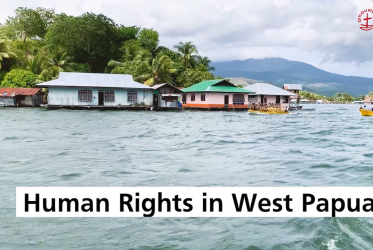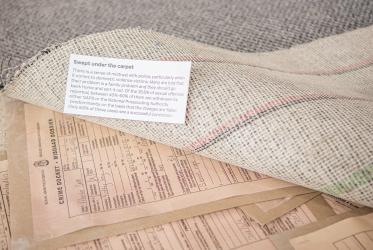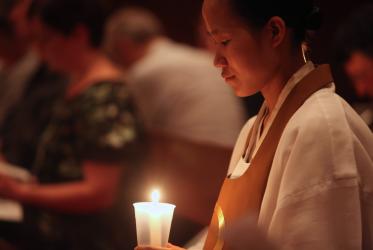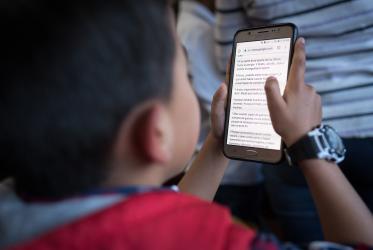Displaying 1 - 20 of 126
WCC video interview describes human rights crisis in West Papua
13 January 2022
Churches can address root causes of femicide—and webinar reveals how
01 December 2021
Christian communicators urge technologies that unite
20 March 2020
Freedom of religion rooted in justice
06 March 2020
The cry of the Papuans in Indonesia
14 November 2019
WCC general secretary: Iraqi people’s voices must be heard
05 November 2019
